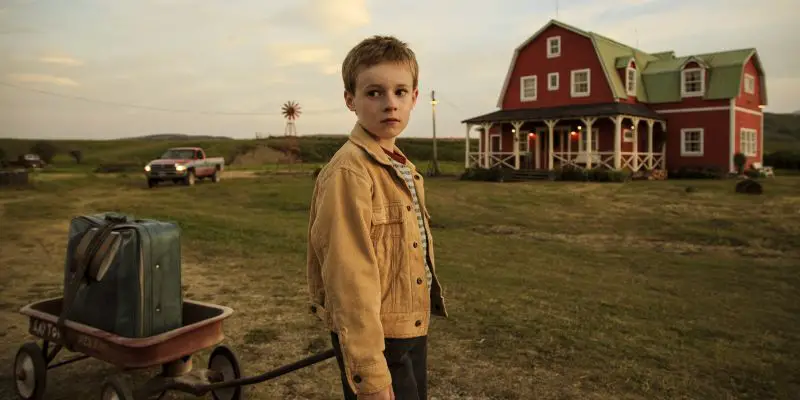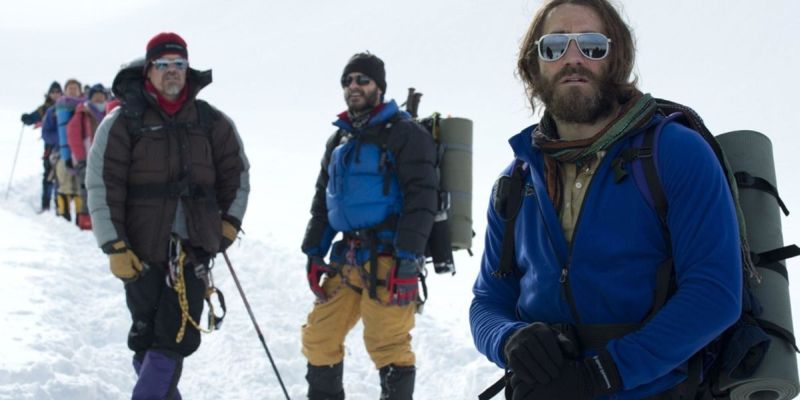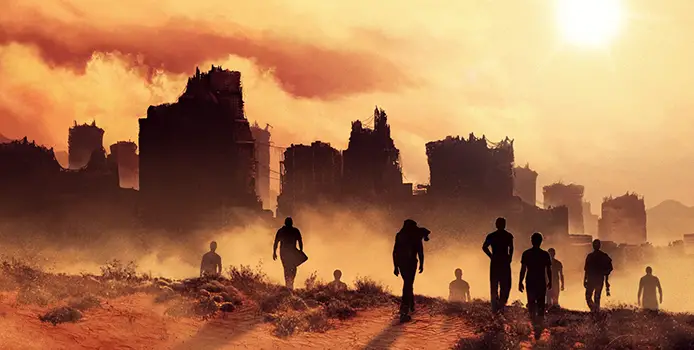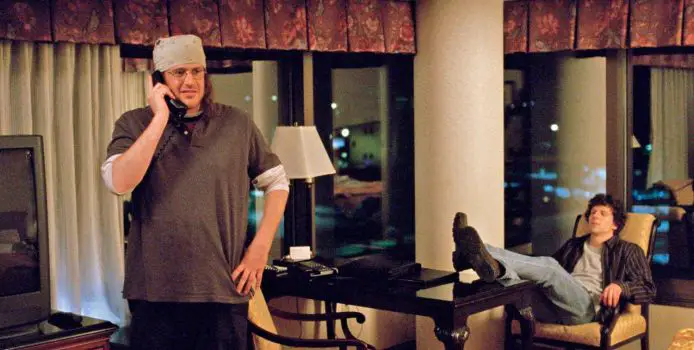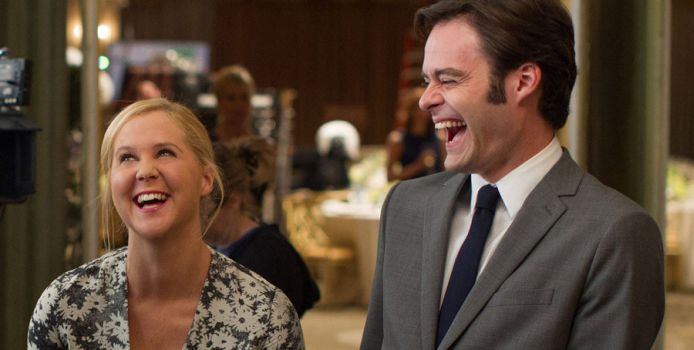2010s

Most of us are familiar with the story of Macbeth by William Shakespeare, a story so prevalent that people will not utter the name of ‘the Scottish play’ whilst in the theatre, as by ancient tradition it is said to be cursed. For those of you who are not familiar with the story, it is a tale of one man’s hunger for power in a tyrannical society, and how he is pushed further and further down a descending path of hopelessness and insanity by his wife, a group of witches, and his own consciousness. There have been many recreations of the play on stage and on screen, and this 2015 cinematic depiction of Shakespeare’s Macbeth, directed by Justin Kurzel and starring Michael Fassbender and Marion Contillard, is on a platform so high that the other depictions are unable to reach it.
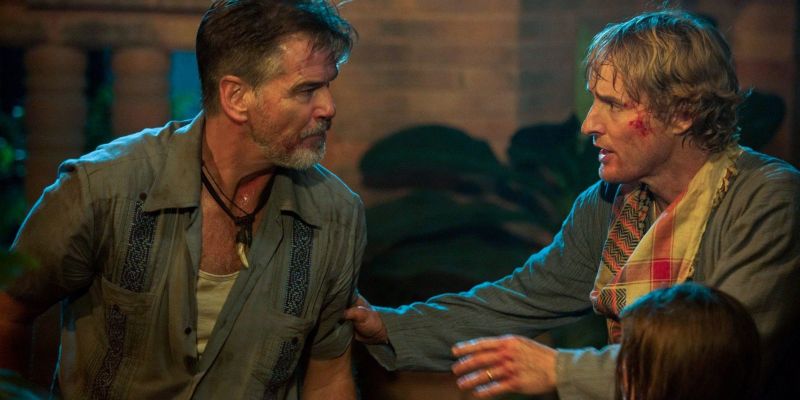
The first I heard of No Escape was in a radio interview with Lake Bell. I’d been a fan of hers for a while, and being still in awe of her performance in Man Up, I was enthralled by her explanation of why she had taken on an action film. She talked of how it was important to her to gain new experiences so she could learn more about herself and her craft.
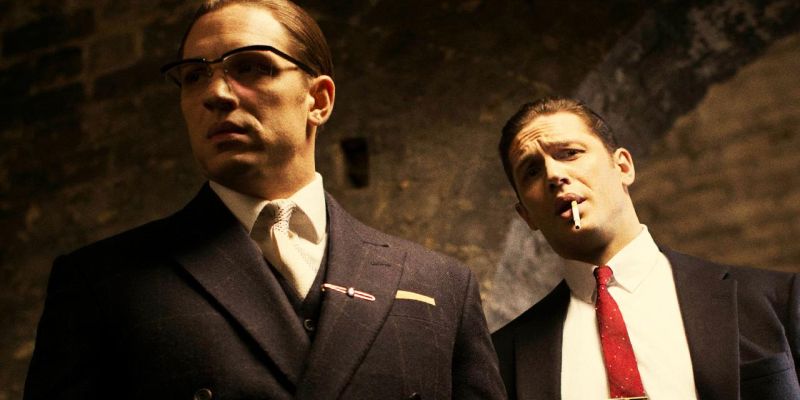
From the minute of its inception I had high hopes for Legend. An earlier attempt at a biopic of the infamous Kray twins has largely been forgotten, starring as it did the brothers from Spandau Ballet. But this one, starring Tom Hardy as both Ronnie and Reggie, with a plethora of great British actors in supporting roles, looked promising.
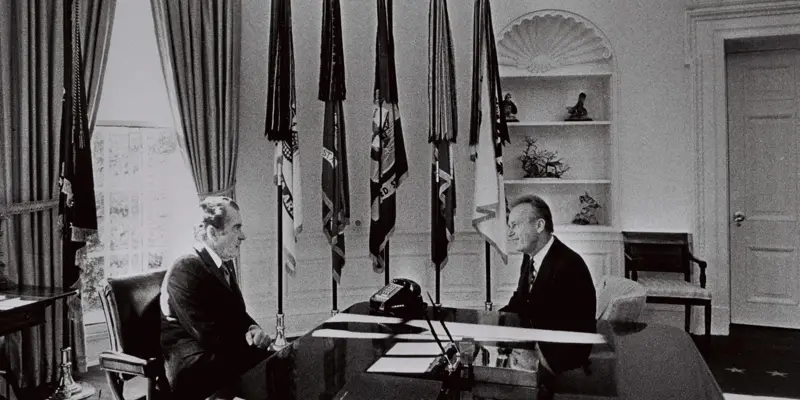
The Israel-Palestine conflict has been an enduring presence in our lives for generations now. Many know little about it, other than that it’s a perpetual and unfortunate situation with little hope for sustained resolution. They are unlikely to add significantly to that knowledge through a viewing of The Prime Ministers Part II:
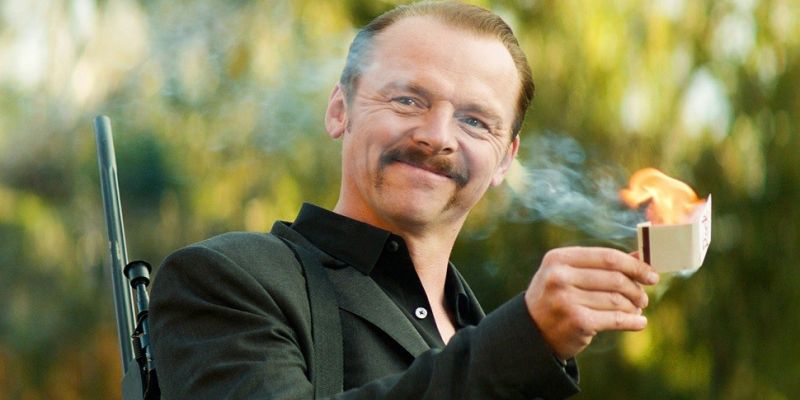
Kill Me Three Times is a film which is the right step forward for Australian cinema, done in the worst way possible. For the past decade, Australia has lacked films that have managed to cross international borders and bring new talent to life, which is a process which used to happen back in the day, from George Miller to Phillip Noyce. The only significant films of the past 10 years to really make any impact are David Michôd’s Animal Kingdom, which reminded audiences and filmmakers of the acting talents of Ben Mendelsohn and Jacki Weaver, who have become international stars.
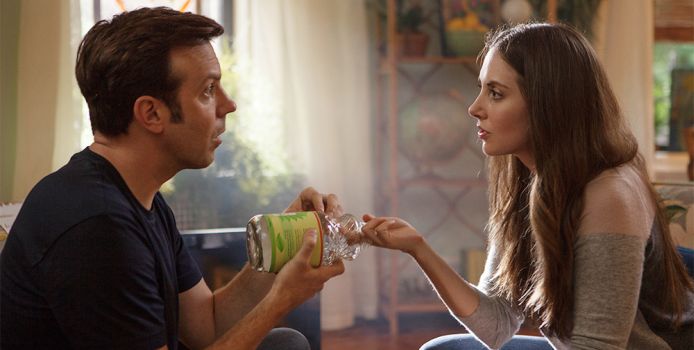
We currently live in an age where the classic rom-com has become taboo. Jerry Maguire and When Harry Met Sally have been traded out for Trainwreck and now Sleeping with Other People. The problem with this new modern movement is that the emotional heart of the original 80s and 90s films are mostly lost.
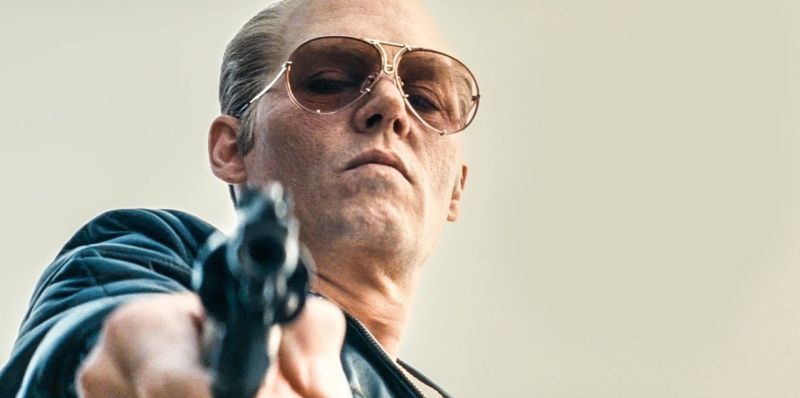
There is a right way and a wrong way to tell a gangster story. Some of the very best have utilized inventive camera techniques, are fueled by impressive acting talent, and are backed by an engaging, well-written screenplay. Black Mass attempts to be something great; yet, when thinking back to it, it’s likely only the acting that will be remembered.
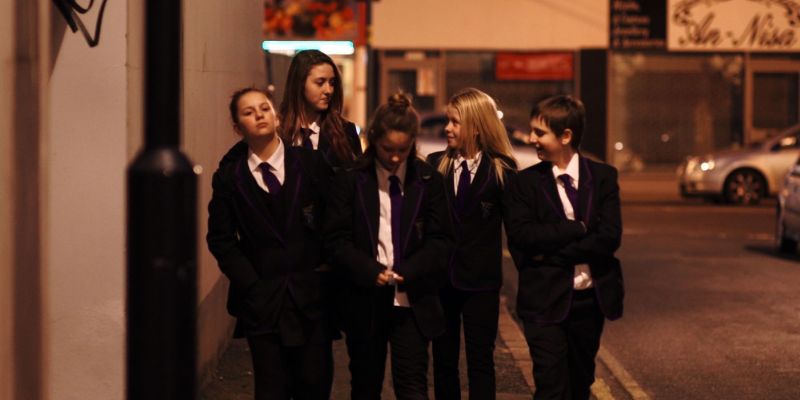
Low budget productions always have to come to terms to the fact they are not going to be able to offer proper cinematic spectacle on a minuscule budget. A Dozen Summers instead opts to be as deliberately amateurish as possible, giving it the distinctive feeling of a movie that the twelve year old protagonists would not only wish to make, but would be capable of making. It feels aimless, rambling at even a brief 82 minutes (eight of which are dedicated to elongated end credits), but proves near impossible to dislike despite all of its clear faults.
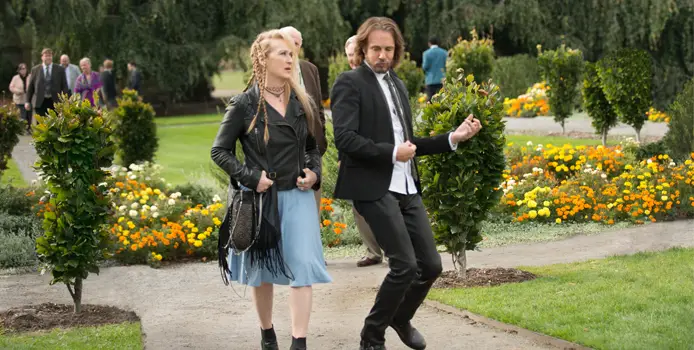
To put it bluntly, Ricki and the Flash is a film which feels unfinished. It’s not a poorly made film, everyone involved seems to be at least putting in some effort, it’s just that between the script and overall editing, large chunks of the film seem to be missing and the film feels like it doesn’t deliver a full story. This is quite surprising, as the cast and crew behind the film are quite talented.
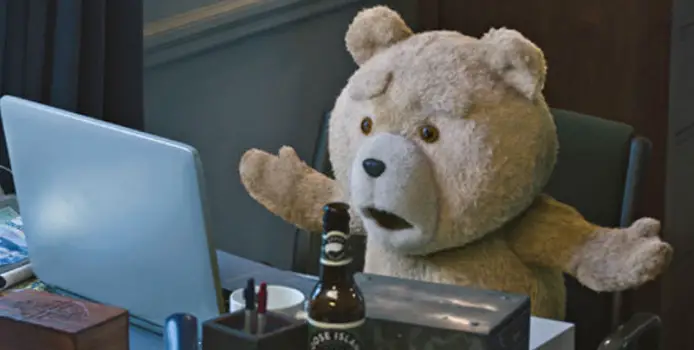
Ted 2 is exactly what you think it is. Seth MacFarlane is an entertainer who infuses all of his work with the same pop-culture heavy and juvenile abundant humour, from his roots in Family Guy to this, his third cinematic effort. The first Ted was a cinematic surprise, over-performing at the box office to become (at the time) the highest grossing R-Rated comedy of all time.


